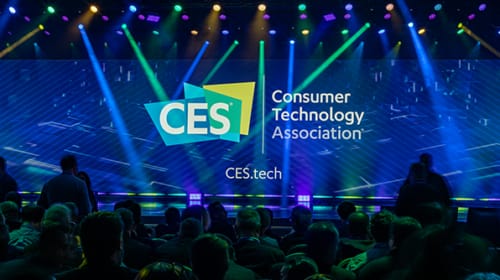There was a time though, when one professional salary could buy a house, support a family, holidays abroad as well as pay for childcare and education. It really used to be enough. Now, both professional parents even working full-time struggle to do this.
There are many reasons for this attrition related to global macroeconomics. But there’s something else that lurks in the psyche of every professional. No one likes talking about money. It’s just all a bit #awks. It’s especially bad in Britain. Clean hands don’t touch filthy lucre. It’s all part of the great assumption – that professional credentials bring effortless commercial gain.
Up and down the country, in every town and village, there are practitioners who are professionally successful. You could be an accountant, veterinary surgeon or lawyer. It may make you better off than non-professionals, but the gap is closing. Plumbers and electricians can already earn more than many marketing professionals.
Why does any of this matter? Why can’t we just stay in our lane?
Because commercial realities are about to change the professional world.
The reason for this is twofold. Public relations and marketing are unusual professions because they need no qualification to practice. It’s not like being a doctor or a dentist where the profession is strictly regulated by a professional council. This means the threshold of entrance is lower. The rapidly advancing technology is further lowering the cost of entrance, so competition is increasingly forcing prices down. The law of progress is immutable.
Technology has always been attracted to high costs and unregulated markets.
Salaries are by far the highest cost in the P&L of any marketing organisation. This is why AI will force further change. It poses a challenge to the commercial thinking of our industry. We’ve seen this movie before. What happened in the past to advertising is a fast-becoming prologue for PR professionals. The proliferation of channels creates more competition, causing costs to fall. Power shifting from the transmitters (publishers and broadcasters) to the technologists (Google & Amazon).
The trends you’re seeing are symptomatic of this. Holding companies are consolidating brands and laying staff off. Marketing targets are becoming more quantitative and commercial. Budgets for standard work are falling. Clients are cutting agency rosters to gain greater leverage over what’s left.
The only solution to this is massive reinvestment into two main areas – technology and training.
Why? Because new technology is not only threatening to remove many of the jobs, it’s also creating a massive opportunity. There’s never been a more urgent time. Recession accelerates the pace of innovation. We just can’t afford to do things the way we always did. This means we need to change our structures, too.
Competitive storytelling is moving to the core of the marketing mission.
The scarcest commodity on earth is not a precious metal, it’s attention.
How it’s won, held, renewed and curated has become vital. Every political party. Every cause. Every business. Every army. Every sports team. Every country.
In the future, it will just not be enough to be a professional in marketing. You will need to deliver commercial success. This will come from those that harness the latent potential in people, brands and markets. The age of the commercial professional is here.



